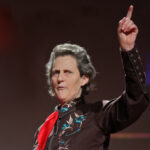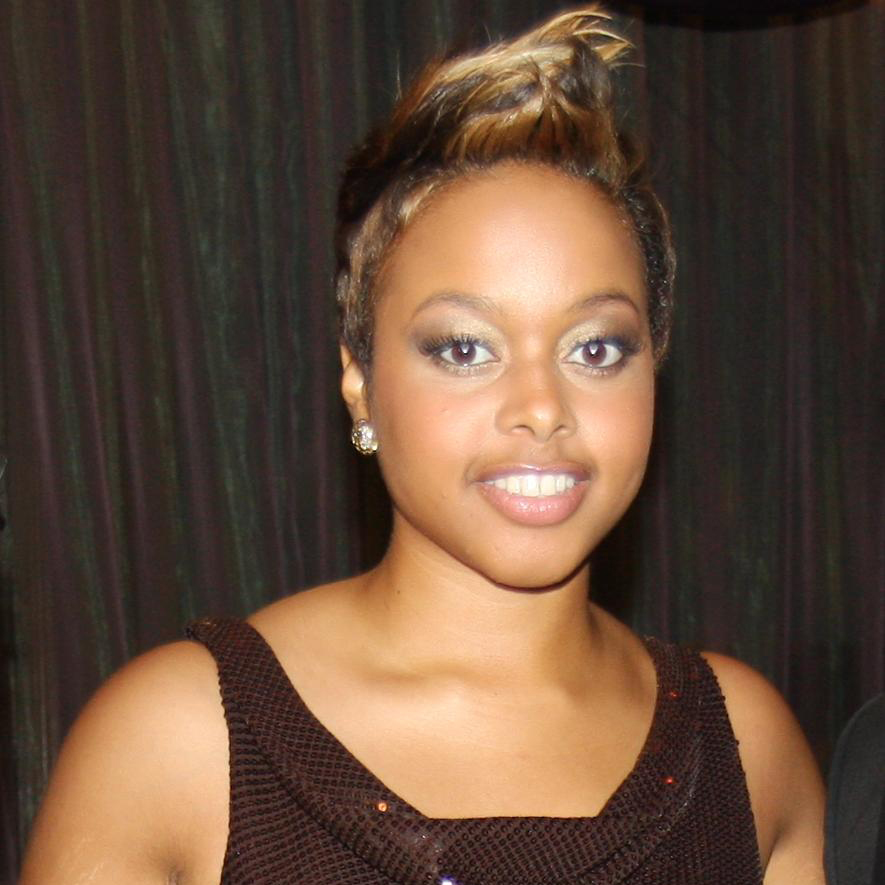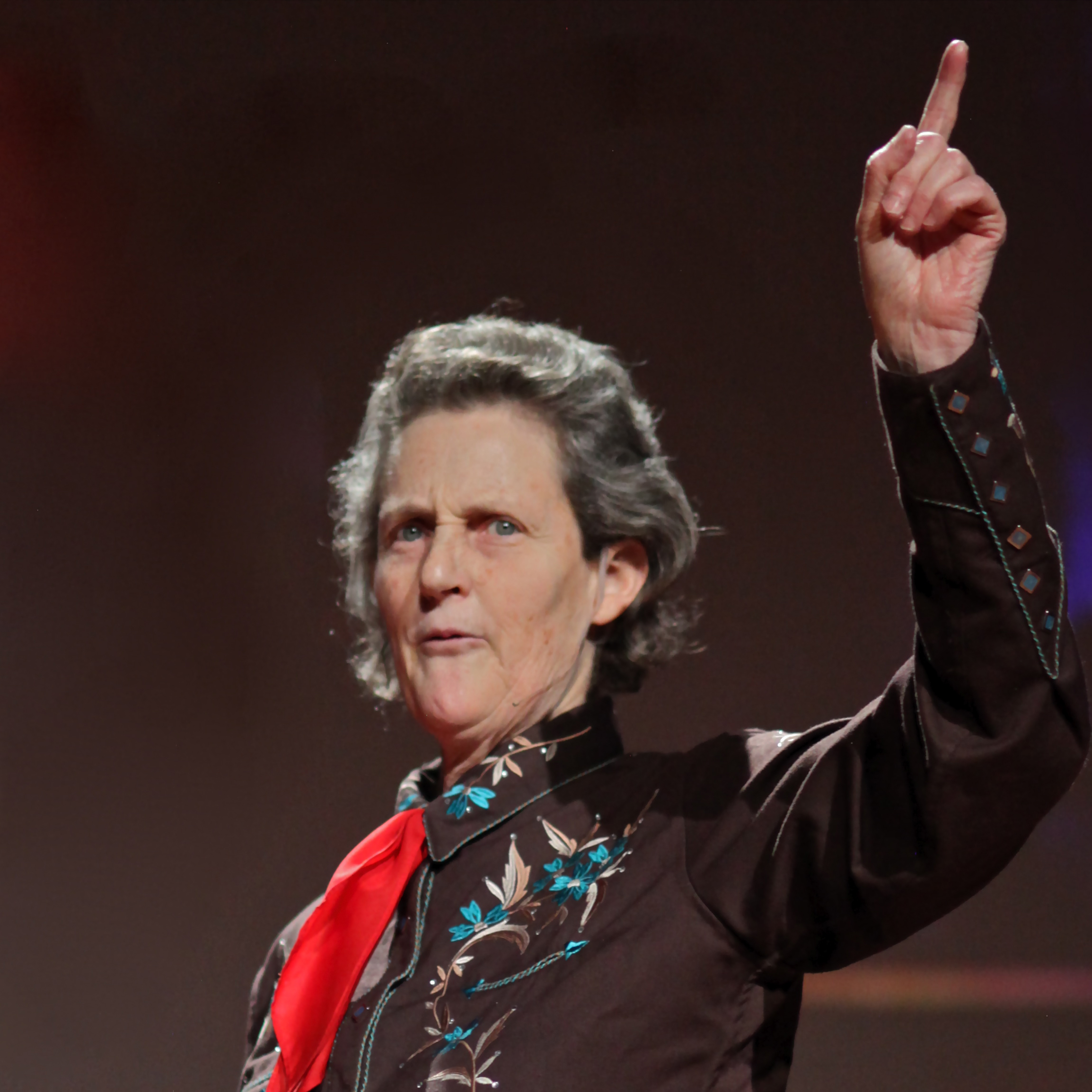When Grammy-winning artist Chrisette Michele revealed her autism diagnosis at age 42, her words sparked ripples far beyond the music world. For many of us in the neurodiversity community, late-diagnosed autistic adults are hardly news, yet Michele’s transparency and her nuanced articulation of “unmasking” offers both validation and a fresh lens on lived experience.
A Personal Disclosure, a Community Conversation
Michele took to Instagram in June, writing, “I just learned I’m autistic. Official diagnosis. They used the word ‘severely.’” She didn’t dwell on clinical terms. Instead, she focused on how decades of challenges suddenly aligned: “My life and its challenges finally make sense. So, so much sense. Autistic. Would you get a load of that….”
What followed was a flood of supportive messages. Fellow autistic and neurodivergent adults shared their own journeys of late self-discovery. One commenter wrote, “As a fellow neurodivergent who was diagnosed last November, the grief and then immediate liberation from realizing I’ve been living for the comfort of others to mask knowing something was different inside… We are free,” as reported by TheGrio.
The Nuance of ‘Severity’
Not everyone embraced Michele’s use of “severe” without pause. Some questioned what “severity” means when applied to a high-profile, highly functional artist. Michele later clarified, “That is the clarification that I feel like I absolutely missed… Autism looks very different in many different people,” noting her actual diagnosis is level two, which under the DSM-5 means requiring substantial support in day-to-day life.
Experts and advocates have emphasized for years that the “severity” label often conflates support needs with assumptions about capability or quality of life. “It’s absolutely a spectrum. And autism looks very different in many different people,” Michele told Essence, highlighting that support needs can exist alongside talent and accomplishment.
A Familiar Story of Masking and Advocacy
If you’ve worked, loved, or lived as an autistic person, especially as a Black woman or someone frequently overlooked in research and diagnosis, the theme of “masking” hits home. Michele shared her mother’s early advocacy, making sure she received additional time in school and, later, practical help backstage.
Yet, as she entered adulthood, the urge to “blend in” intensified. “One big part of a mask as an autistic person is trying to not let people see how much help you need. You don’t tell everybody,” Michele explained in an interview with Blavity. Even in the music industry, where entourages are common, her masking had extra layers.
Michele’s anecdote about her drummer doubling as security or her insistence on extra sound check time is more than a behind-the-scenes peek. It’s a real-world example of practical autism accommodations, made visible. And anyone who’s felt the sting of needing to ask for “just one more minute” will recognize the courage in that candor.
Shifting Toward Autistic Joy and Representation
Michele’s story fits into a wider reevaluation of autism, especially as more Black adults and women receive diagnoses later in life. Her openness resonates at a time when research is naming gaps in how neurodivergent Black women are both studied and served.
In her own words: “I think a place that’s sorely lacking in the neurodivergent space is autistic joy, ADHD joy, just neurodivergent joy, and allowing yourself to be excited about tackling life. However you are showing up a little bit different.” This attitude isn’t just refreshing, it’s a rallying cry for spaces where we can be both visibly different and joyfully ourselves.
- Late-diagnosed adults are joining a growing chorus of self-advocates redefining what autism “looks like.”
- Online platforms and podcasts are expanding the conversation well beyond diagnostic manuals.
- The community response, both supportive and critical, is shaping how public figures approach neurodivergent disclosure.
If Michele’s willingness to speak up puts a little more wind in your sails, or helps you ask for what you need, it’s proof that representation, especially the kind that acknowledges complexity and doesn’t shy away from hurt or hope, really does matter.
Citations
- American Psychological Association. (2020). Publication manual of the American Psychological Association (7th ed.). https://apastyle.apa.org
- APSU Writing Center. (2025). APA style 7th edition. Austin Peay State University. https://www.apsu.edu/writingcenter/writing-resources/APA-Style-7th-Edition-2025.pdf
- Blavity. (2025, June 17). Chrisette Michele shares autism diagnosis and reflects on masking. https://blavity.com
- Essence. (2025, June 18). Chrisette Michele opens up about her autism diagnosis and new self-awareness. https://www.essence.com
- Grio, The. (2025, June 16). Fans and neurodivergent community react to Chrisette Michele’s disclosure. https://thegrio.com










